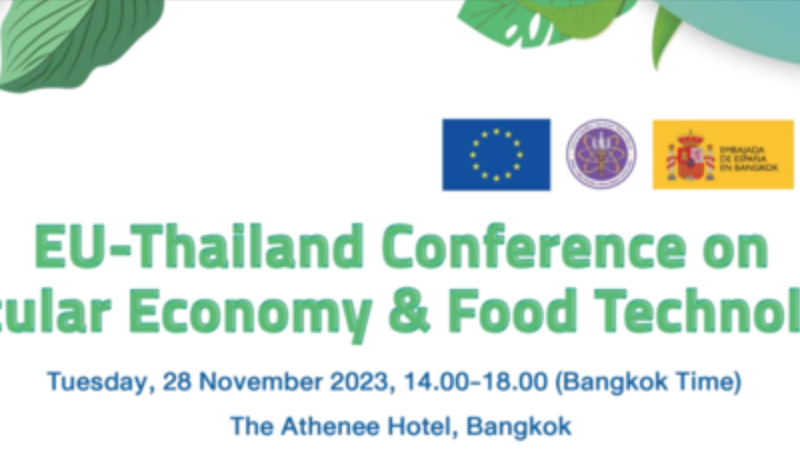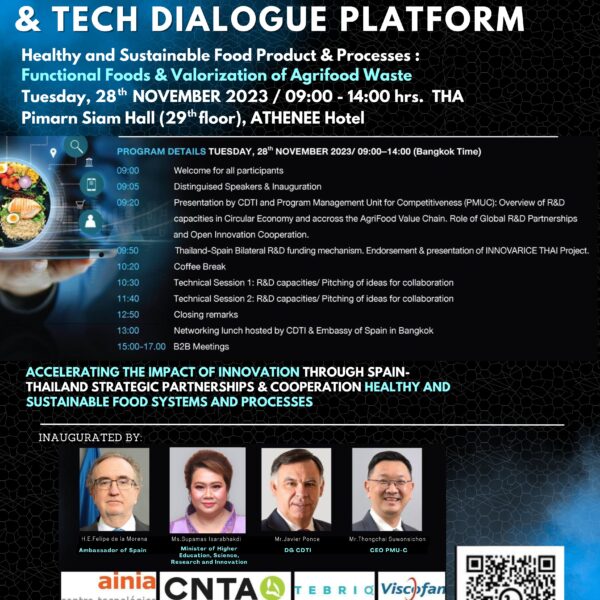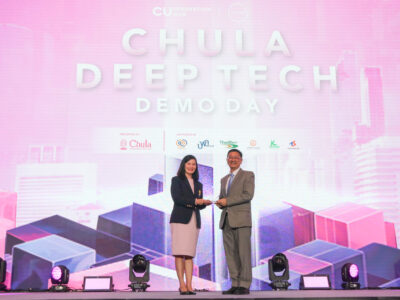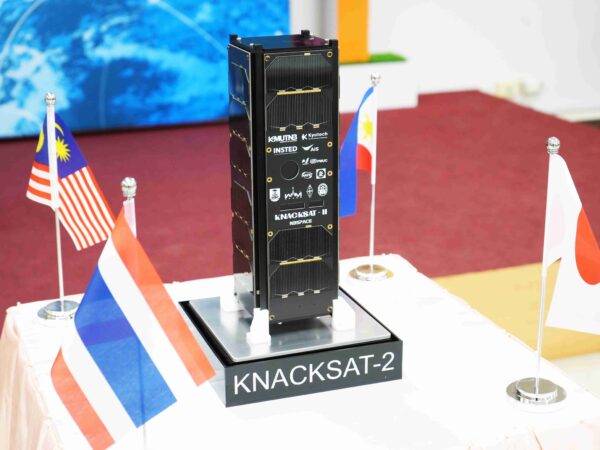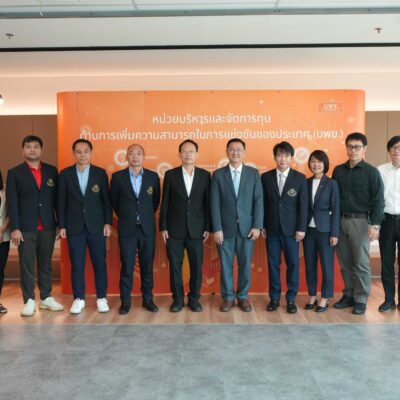PMUC supports research project by the National Science and Technology Development
Agency (NSTDA) in recycling used batteries and agricultural waste to be turned into safe and reusable-grade batteries. It is expected that the results can be replicated at industry level, and a model factory is slated to be built in 2022, creating economic value for the country.
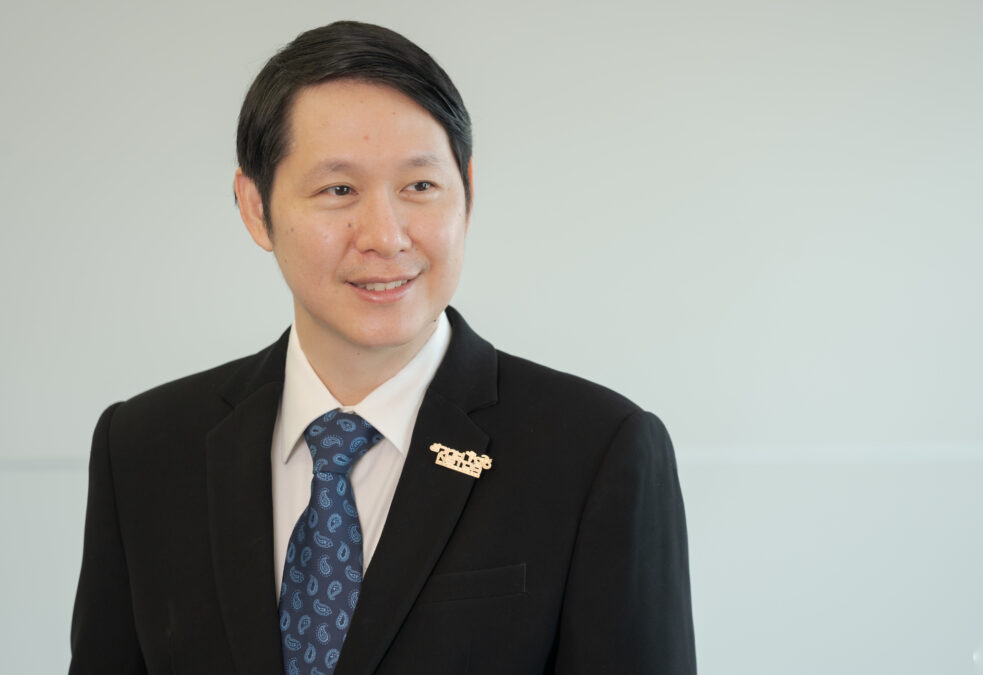
Ms. Siwarak Siwamoksatham, Ph.D., head of the project to recycle alkaline, zinc carbon, and lithium ion batteries and agricultural waste, to reformulate into rechargeable batteries, which received research funding from Program Management Unit for Competitiveness (PMUC), disclosed that the problem of toxic waste management such as used batteries is a major problem for the country that cannot be ignored. Although currently there is the method of burying the spent batteries, it cannot ensure that leaching of toxic batteries will not contaminate the environment in the future. Therefore, using innovative knowledge to develop environmentally friendly rechargeable batteries is probably the best solution.
At present, NSTDA has joined Chulalongkorn University in undertaking two other sub-projects, one being research on materials from recycling alkaline batteries and zinc-carbon batteries for use as electrodes in zinc-ion batteries, with Prof. Rotjana Pornprasertsuk, Ph.D., Faculty of Science, Chulalongkorn University as project leader. The second project is using nano-sized porous carbon from bio-waste materials for application as electrodes for zinc-ion batteries, with Mr. Adisorn Tuantranon, Ph.D., senior researcher, Department of Graphene Research and Electronic Printing at NSD Center, NSTDA, as the project leader.
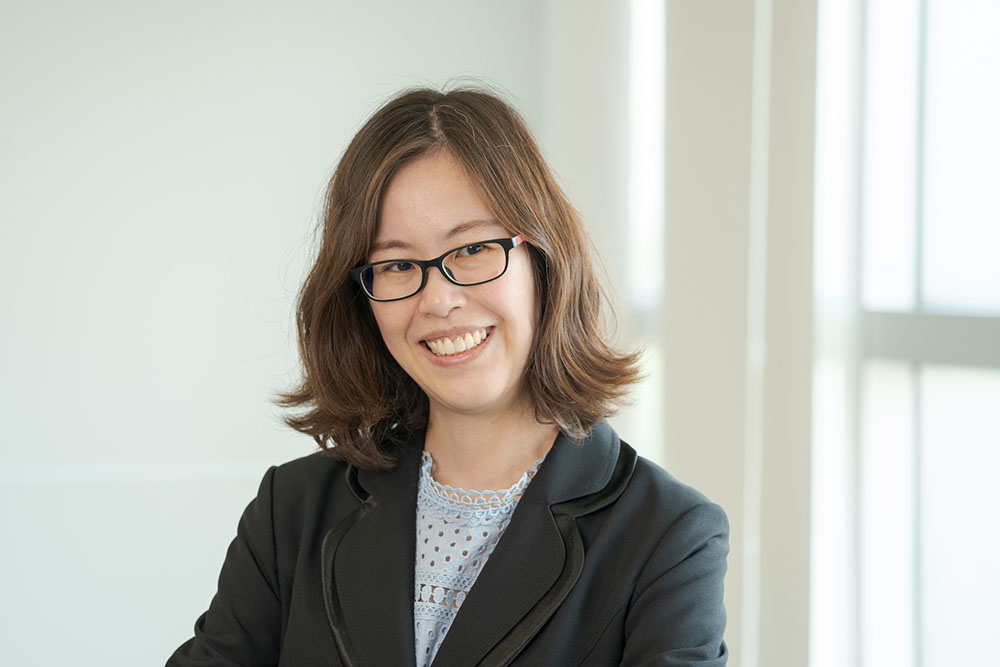
Assoc. Prof. Rotchana Pornprasertsuk, Ph.D., Faculty of Science, Chulalongkorn University, head of sub-project 1: materials from recycling alkaline batteries and zinc-carbon batteries for use as electrodes in zinc-ion batteries, said that there are two ways to recycle batteries: metal removal by using water or by heat. Under this research, water will be used to separate zinc and manganese dioxide, which can be reused in other applications. Even if it’s not a new process, the highlight of the research is to extend the recycling process to a product that is ready to use as a new type of battery called “Zinc-ion batteries”, which are similar in quality to alkaline batteries but can be recharged with higher efficiency, helping to reduce battery waste.
“Currently we are developing it in the labs with collaboration from Siam Fix, Co., Ltd., which provides advice on applying the technology in industrial sector in order to increase value and cost effectiveness, and enhance our ability to compete internationally.”
On the other hand, Mr. Adisorn Tuentranon, Ph.D., head of sub-project 2: Nano-sized porous carbon from bio-waste materials for use as electrodes in zinc-ion batteries, and senior researcher for the Department of Graphene Research and Electronic Printing Innovation, NSD Center, NSTDA, revealed that in Thailand there is a large amount of biological waste resulting from agricultural processes. Most of them are incinerated, contributing to the pm 2.5 pollution problem. Therefore, research has been done by choosing high-carbon materials such as coffee grounds, palm shells, which have good quality pore structures, to use in making batteries to help store electric charge.
Dr. Siwarak said that both projects are about recycling waste that pollutes the environment, and putting it to maximum utilization, consistent with the BCG model, where Bio economy / Circular economy / Green economy all promotes the use of materials that do not destroy the environment, reduce dumps and pollution, while also increasing additional income for farmers. She is confident that in the future it will be possible to achieve cost-effectiveness for the country’s economy. Both projects will contribute to the construction of a prototype factory in 2022 to produce batteries that can be used for commercial applications. It is expected that the investment will be made in the Eastern Economic Corridor innovation zone, bringing the technology obtained from research to expand at the industry level. If successful, it will greatly benefit the circular economy and reduce the environmental problems from dealing with battery waste.

